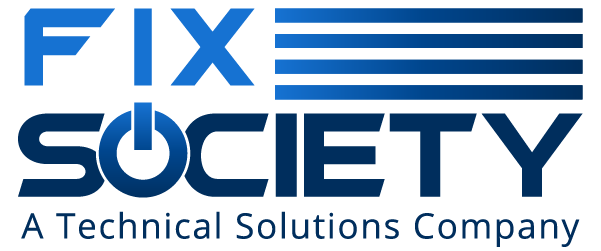The Covid-19 pandemic has converted thousands of salespeople from road warriors to Zoom warriors. Some companies are making the most of this shift by using tools powered by artificial intelligence to track and analyze their salesforce’s virtual pitches.
“You definitely miss the lunch, the dinner, the happy hour,” says Jeramee Waldum, vice president of global sales at MavenLink, a maker of project management software whose dozens of once-traveling salespeople are now stuck behind webcams.
Before Covid, Waldum says, the MavenLink sales team spent roughly half its time on the road, treating customers to lunches, holding seminars with prospective clients, and chasing down signatures to close a deal. “We’ve had to get creative,” Waldum says. “We’ve done the virtual wine tastings, we’ve done virtual lunches.”
Besides such innovations, MavenLink uses a tool called Chorus to record and analyze sales video calls. It automatically transcribes speech, showing for example when salespeople speak too much, fail to steer the conversation away from competitors’ products, or forget to plan a follow-up chat.
Waldum says Chorus helped his team land a recent deal by quickly highlighting a client’s concerns about finding and allocating staff for projects. After analyzing previous calls, MavenLink pitched a newly developed database product for managing staff.
Gwen Wiscount, a sales executive at FullFunnel, a marketing firm, says Chorus alerted her to how quickly she was talking, and how this confused others in meetings. FullFunnel also sells other companies’ software. Wiscount says Chorus highlighted how often prospective clients complained about the cost of some of those packages; FullFunnel passed on the concerns, she says.
With in-person meetings gone for now, more companies are testing AI tools for analyzing calls. Technology that uses AI to track engagement in voice calls was being used in call centers before the pandemic. Now, they are spreading more widely.
“These tools are having a huge impact,” says Mark Roberge, a lecturer at Harvard Business School and former chief revenue officer of the HubSpot, which sells sales and marketing software. Roberge says some high-performing sales teams have long recorded and analyzed sales calls, and tools like Chorus make it easier for managers to see where someone went wrong. But the practice is a big shift for salespeople used to operating on their own, without anyone looking over their shoulder.
Soon, the tools may monitor what’s happening onscreen too. Software from Gong, a competitor to Chorus that raised $200 million in funding in August, can recommend the best moment to start a slideshow presentation during a video call. Cofounder and CEO Amit Bendov says the company plans to invest in research on analyzing video interactions.
Covid could have a lasting effect on the world of sales. Roberge says companies have been moving towards more remote selling for some time, and many executives have told him they plan to step this up. “Covid is accelerating many technological evolutions,” Roberge says. “In sales, that is definitely the case.”
For some salespeople, working over Zoom and having meetings recorded and scrutinized may be jarring. Others, who are already accustomed to having colleagues and managers listen to their calls, say they find tools such as Chorus and Gong helpful. A few said they liked the way it automatically transcribes calls and offers suggestions.
Darren Phan, who manages a sales team at Criteria, an HR software company that uses Gong, says in his experience few people object to being monitored. One person who objected to being micromanaged, he notes, was in fact doing a poor job and is no longer with the firm.
AI sales tools seem to be most popular, for now, among tech-focused companies. But the pandemic could help similar tools gain a foothold in more businesses, and even perhaps encourage a shift away from so many in-person sales meetings.


Recent Comments